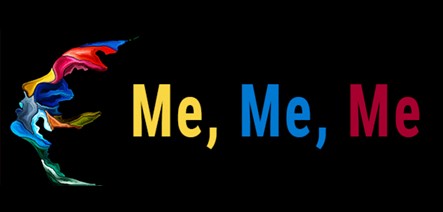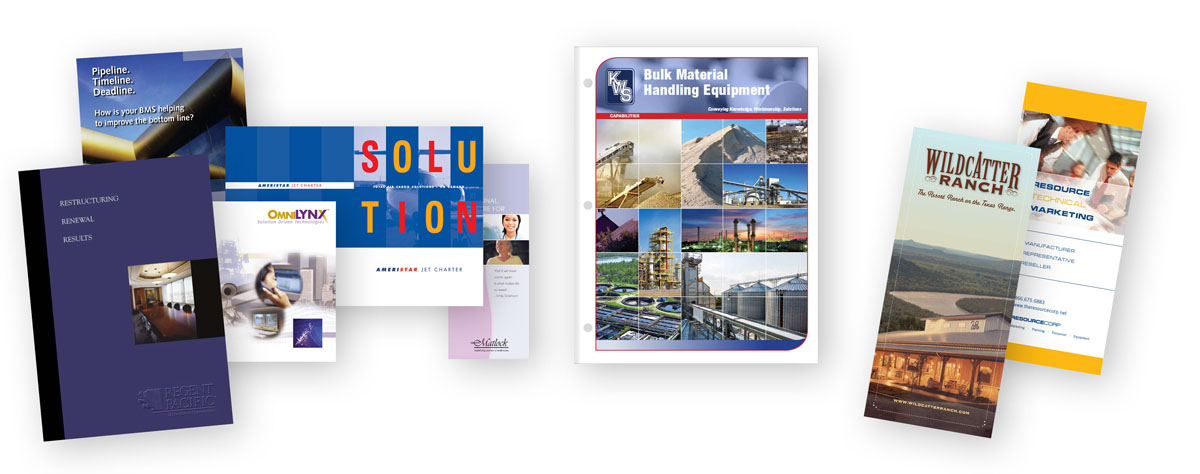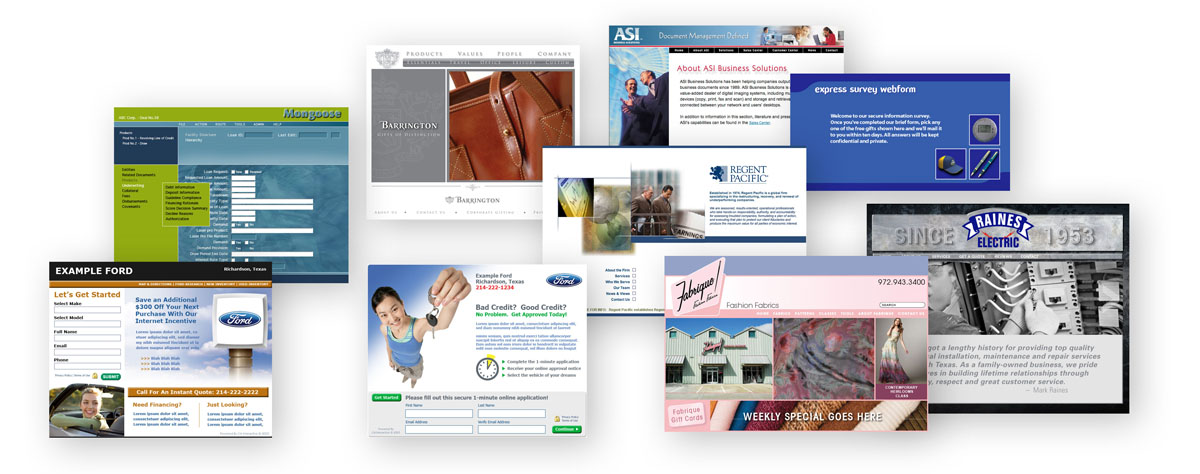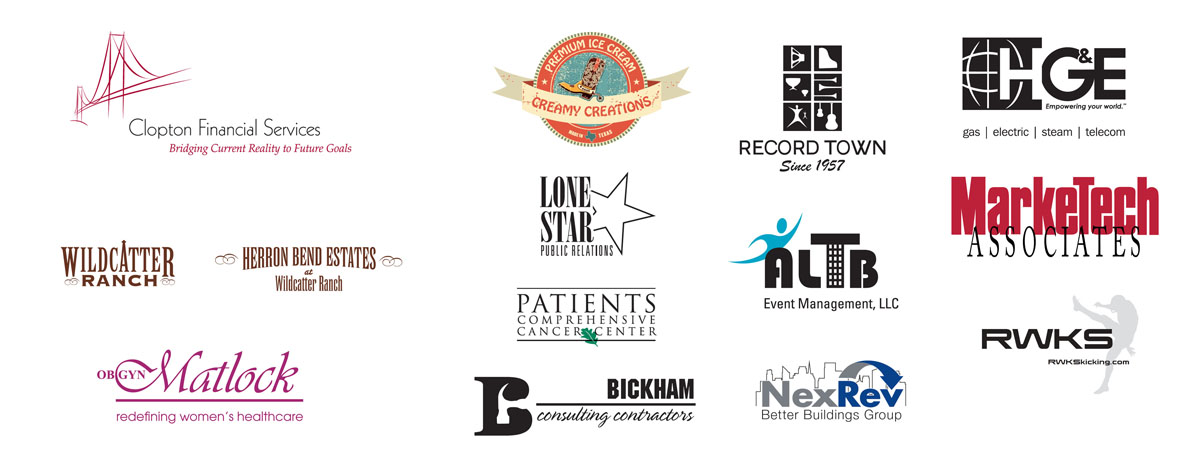Me, Me, Me

Me, Me, Me
At a recent Direct Connect presentation, marketing sage and social analytic genius, Tom Sadler, began his talk by displaying a giant panorama of a tombstone-laden cemetery. His opening line was, “Customer service is dead,” a statement which forced me to summon every ounce of my limited self-restraint to keep from standing and roaring “Amen Brother!” followed by a “Hallelujah” because someone was willing to recognize the prevailing business issue of our time.
Having wasted a third of this year dueling with the obstinate AT&T Customer Service morons as well as their mentally inbred cousins at Garland’s own Intercermic Tile, I could not have agreed more with Tom’s assessment had it been delivered on the wings of angels.
But complaints are cheap. Solutions, on the other hand, require some cerebral gymnastics. Consequently, I continue to spend my sleep-interrupted hours pondering how the greatest culture in the history of mankind devolved to where we find ourselves today. The core issue is not just inverted customer service. It’s also the mental condition behind a total lack of motivated employees, illiterate public school graduates, stream-of-consciousness automobile drivers, and an ever-growing populace of day traders who treat the stock market as a government run casino.
As much as I’d like to blame my favorite whipping boy, Karl Marx, he only laid the foundation through his oversimplified worldview of “oppressors” and “victims”. Throngs of Americans who have grown up enjoying the affluence of Capitalism, have nonetheless embraced Marx’s twisted perspective as an excuse for their own shortcomings. (Years ago, Marxian imps Hagel and Lennon coined the phrase “Useful Idiots” to identify those individuals.) In fact, personal failures in all of us, regardless of race, religion, financial status, or philosophy should more accurately be credited to an egotistic lack of motivation, whether self-generated or inherited from family and peers. If we are victims, our oppressors are ourselves.
Lack of motivation — take this from someone who has polished that skill to a shimmering perfection — should more accurately be defined as “Me First” because it ignores the needs of others (those who must later rescue us) for the immediate convenience of personal comfort.
In the 90’s, I had a very successful client who bought and sold annuities. He was the wealthiest client I’ve ever served, often ferrying family and friends aboard his private jet to San Francisco for Saturday night dinner. He was also the most habitually tardy person I’ve ever known, routinely keeping me waiting for as much as an hour for a scheduled appointment. Then, he attended a very exclusive motivational seminar. Following that seminar, he called me into his office one Monday morning and swore an oath that he would never be late for one of our meetings again. In fact, he guaranteed his punctuality with a promise of $1,000 cash every time he kept me waiting. And I was just one of myriad vendors who served this man. Some months later, he explained that the seminar had been about “servant leadership” and focused on valuing other people, including employees and domestic help, higher than ourselves. Lack of punctuality was just a symptom of the bigger disease – misguided focus on self. I never got that $1000 because he never again made me wait but I did learn a valuable lesson from a man who was powerful enough to rein in his own ego.
Perhaps what our culture needs most today is a “Me Two” movement whereby we all learn, and teach future generations, to put others’ needs first our personal entitlements second. But that’s just my solution. I’d love to hear yours.
“He who is slow to anger is better than the mighty, and he who rules his spirit, than he who captures a city.”
— Prov 16:32











